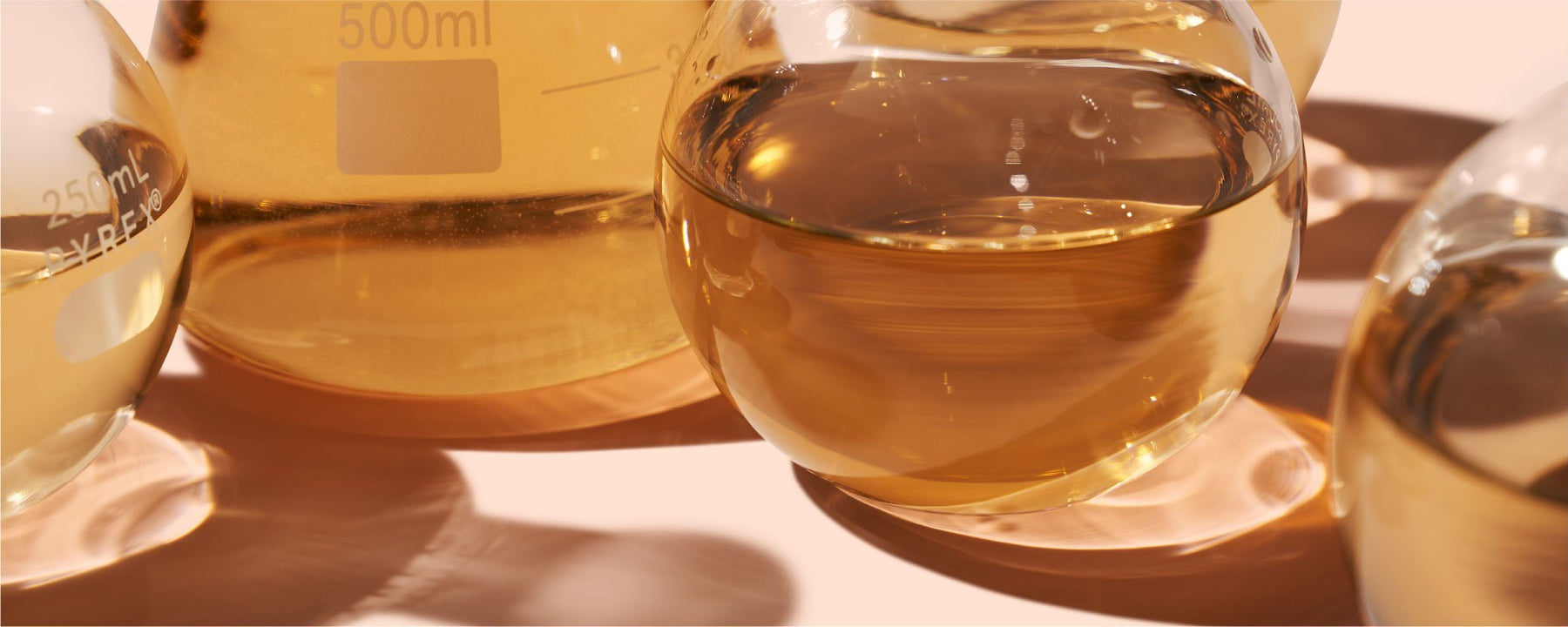1 min read
What are biomimetic peptides
05/20/2022 / Last Edited 05/30/2025Get to know this popular skin care ingredient, how it works, and why your skin will love it.

Get the lowdown on this buzz-worthy skin care ingredient.
Biomimetic peptides are synthetic peptides that are lab-crafted to mimic naturally-occurring peptides. ("Bio" means "life" and "mimetic" means "imitating.") In skin care, biomimetic peptides can be found in targeted treatments like facial serums to help reduce the appearance of skin aging.
What do peptides do for skin?
Peptides are chemical messengers that tell our cells what to do. All peptides are made up of amino acids, which are used by skin to build proteins such as collagen, elastin and keratin. These substances are what hold skin together and keep it firm. Peptides can also control factors that contribute to skin tone, sensitivity, hormonal activity, and more.
Biomimetic peptides can be added to cosmetic formulas in an effort to achieve specific results like wrinkle reduction, moisturization, or skin barrier recovery.
Does Dermalogica use biomimetic peptides?
Yes! One example is Glutathione, modeled after the antioxidant peptide that is naturally found in our bodies. Naturally-occurring Glutathione helps us combat and neutralize free radicals, which form as a result of external stressors like UV and pollution. However, this natural ability declines as we age.
Biomimetic Glutathione helps firm skin and reinforce skin defenses against our exposome. You can find this ingredient in Phyto-Nature Firming Serum, which has been clinically proven to reawaken the nature of younger-looking skin.





